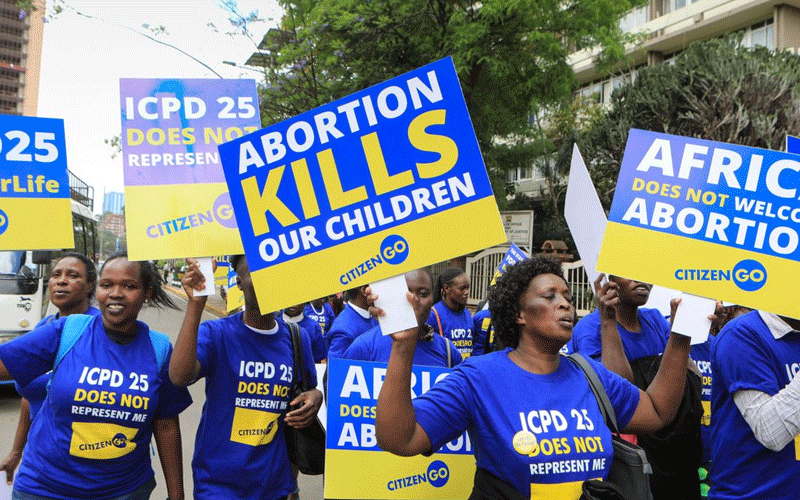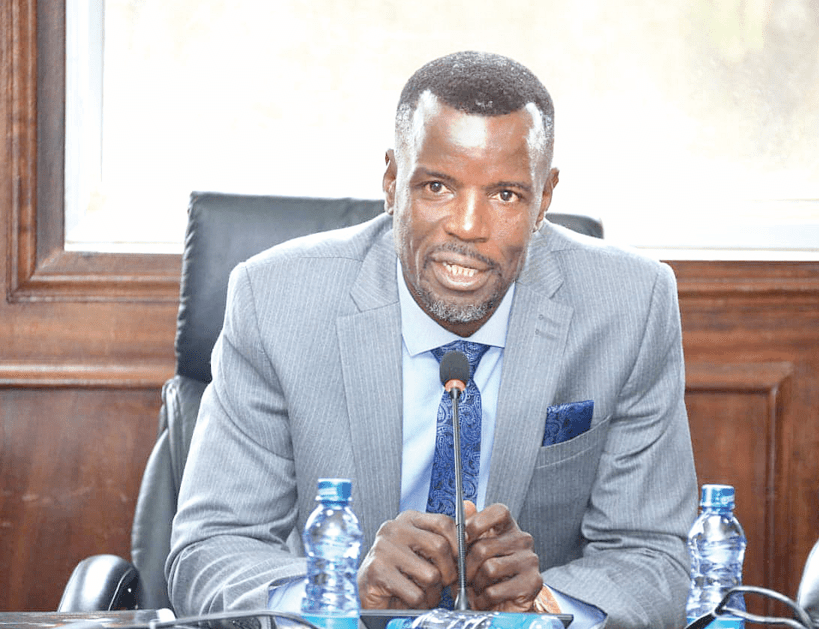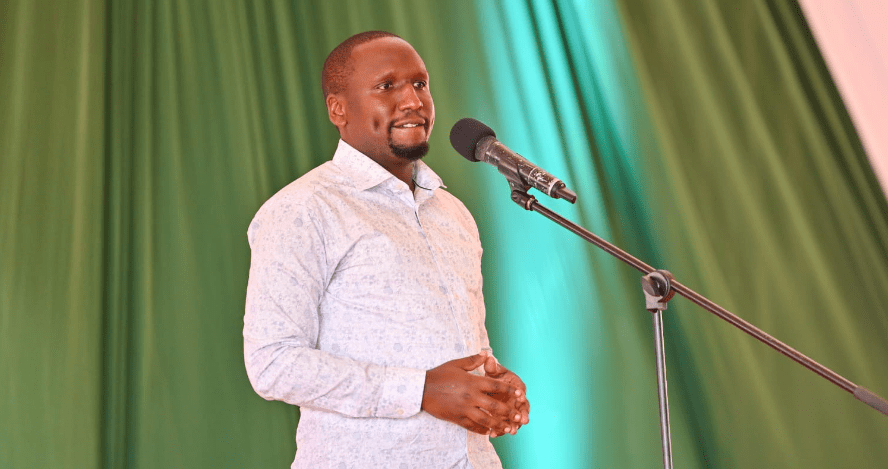Make abortion laws flexible to prevent many deaths

Doris Kathia
Worldwide, unsafe abortion remains a serious and continuing public health challenge.
It accounts for 13 per cent of global maternal deaths and remains the principal cause of a range of short-and long-term health complications in women.
In Africa, 97 per cent of abortions are unsafe – they are carried out by unqualified practitioners under dangerous conditions.
Unsafe abortions account for 35 per cent of maternal deaths in Kenya. Unintended pregnancy is a major contributor to unsafe abortions.
The largest proportion and highest rate of unsafe abortions occurs in Africa, where most countries have restrictive laws, limited access to reproductive health services and high unmet need for family planning services.
Women needlessly die or have to live with medical conditions suffered as a result of unsafe abortion despite the existence of law, which outlines the conditions under which safe abortion is warranted.
A recent study by the African Population and Health Research Centre (APHRC) estimates that 2,600 Kenyan women die from unsafe abortion annually, an average of seven deaths a day.
The same study showed 120,000 women are hospitalised each year due to abortion-related complications.
Various laws and regional statutes protect the rights of women’s reproductive health.
Kenya ratified the Maputo protocol in 2010 with two reservations; one of them relating to Article 14(2c) which refers to the medical termination of pregnancy with specific cases of sexual assault, rape, incest and where the continued pregnancy endangers the mental and physical health of the mother or the life of the mother and the foetus.
Although access to abortion has been broadened by Article 26 of the Constitution, debates about abortion in Kenya continue.
Despite abortion being a taboo topic in our society, social-cultural, religious beliefs and societal expectations formulate stigmas against abortion based on the belief that a woman’s purpose is to bear children and her role in society is to be a mother while youth should refrain from sexual activity and maintain innocence.
Due to the limitations placed on abortions, women often seek backstreet methods of abortion.
Women especially adolescent girls seek abortion services due to economic dependence on a family member, single status and unemployment may hinder their desire to bear a child.
For many decades there have been increased opposition movements against educating adolescents on sexual reproductive health headed by religious and political leaders.
Lack of policy guidelines on prevention and management of unsafe abortion and prohibition of training on provision of safe abortion prevents access to new scientific knowledge and denies women’s access to quality reproductive healthcare.
Training of health service providers is a key intervention in the prevention of unsafe abortion and the attendant complications.
Kenya can also leverage on the concerted efforts made to reach women who have unmet contraceptive needs, support women’s access to post-abortion contraceptive counselling and methods, and promote access to quality abortion within the limits of the law.
For the sake of women and girls who have to resort to unsafe abortion methods due to stigma and legal obstacles, I call upon the government to reaffirm its commitment to provide access to sexual reproductive health and rights information and services within the legal parameters. — The writer is a youth advocate at the Network for Adolescent and Youth of Africa











